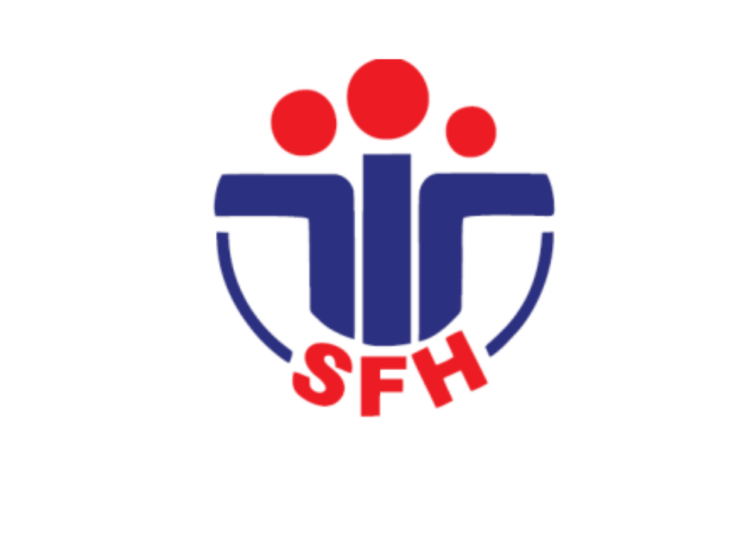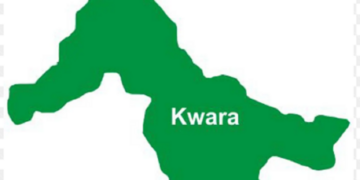Society for Family Health (SFH) has called for a One Health approach that will promote preventive approach to epidemics.
The NGO made the call against the backdrop of repeated instances of epidemics in the country.
The Deputy Managing Director, Service Delivery, Kenechukwu Eruchalu, in a statement in Abuja, urged government at all levels to make epidemic resurgence a reason to invest in integrated health systems and epidemic preparedness.
“The business case for strengthening the nation’s pandemic-response capacity and primary health systems at all levels is compelling, particularly with the continuous outbreak of infectious diseases including the recent diphtheria, Lassa fever and anthrax.”
Eruchalu said that anthrax had essentially ceased to be regarded as a disease of major health or economic importance after the enormous successes of Max Sterne’s veterinary vaccine developed in the 1930s.
He, however, said there had been continuous recurrence which posed a lot of challenges to Nigeria’s already overstretched health system.
He added that the confirmation of the disease would “see a rapid shift from breaking glass’’ in case of emergency response systems to always-on systems and partnerships that could scale rapidly during epidemics.
“Integrate epidemic prevention agenda, the renaissance in infectious diseases research and development, and improve systems ready to surge while maintaining essential services and detecting infectious diseases.”
The deputy managing director also said that to be truly complementary and additive, the role of both the public and private sectors through systematic collaboration, cooperation, and coordination was essential and needed to bring everyone to the table.
He stated that “anthrax is a severe disease that can reverse many gains achieved in health systems if left without major attention and will require a whole of society’s action.
“An approach that requires major inputs for the country’s position toward the actualisation of the pandemic accord ambition will be essential for the country and build the resilience of communities.
“This will require a national consensus from all sectors to garner the necessary political and financial support in a global climate increasingly characterised by compounding crises, donors’ transition and geopolitical tensions.”
He, therefore, urged government to remain focused in navigating the current crisis and also make smart investment in primary health centres.
This, he said, could both enhance the on-going epidemic response and strengthen public-health systems to reduce the chance of future outbreaks.
The News Agency of Nigeria (NAN) reports that the Federal Ministry of Agriculture and Rural Development on July 17 confirmed the first case of anthrax in the country.
According to official statement, the case occurred on a farm in the Suleja area of Niger.
Anthrax is a bacterial disease that affects both animals and man, including wild animals and livestock such as cows, pigs, camels, sheep and goats.
People can get infected with anthrax spores if they come in contact with infected animals or contaminated animal products.
It is, however, not a contagious disease and one cannot get it by coming in close contact with an infected person.
Signs of anthrax are flu-like symptoms such as cough, fever, muscle aches and if not diagnosed and treated early, can lead to pneumonia, severe lung problems, difficulty in breathing, shock and death.
The disease can be treated with antibiotics and supportive therapy. (NAN)
We’ve got the edge. Get real-time reports, breaking scoops, and exclusive angles delivered straight to your phone. Don’t settle for stale news. Join LEADERSHIP NEWS on WhatsApp for 24/7 updates →
Join Our WhatsApp Channel










